
10 Performance Tips for Masters Athletes to Slow the Effects of Aging
Coach Trevor Connor outlines how coaches and masters athletes can better address the physiology and psychology of aging in their training.

Coach Trevor Connor outlines how coaches and masters athletes can better address the physiology and psychology of aging in their training.
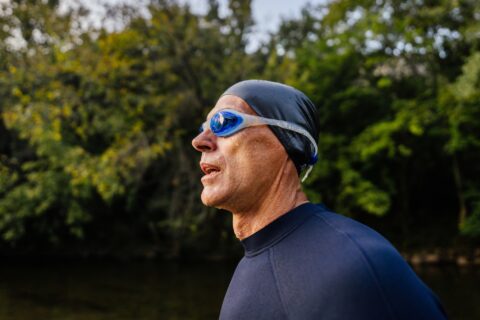
A growing wave of masters athletes is making the case that older athletes have a lot to look forward to as they age. Here’s what science has to say about physiology and performance as we age.
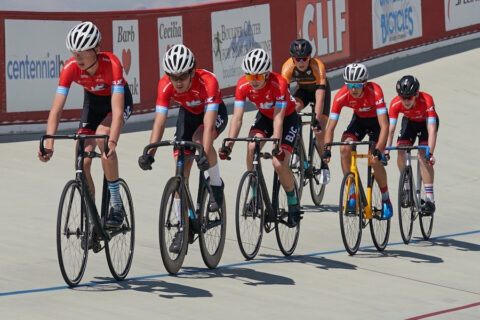
We review some of the key findings in recent research on junior athlete development.
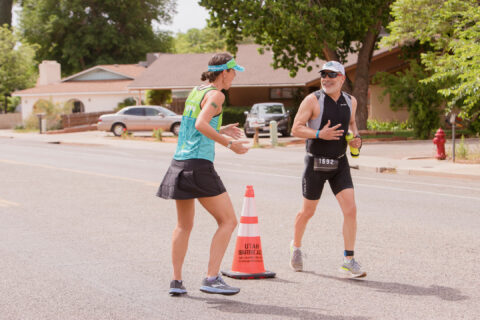
Today’s coaches enjoy a greater demand for services and steeper competition for clients. Choose a direction for your business and be patient in getting there.
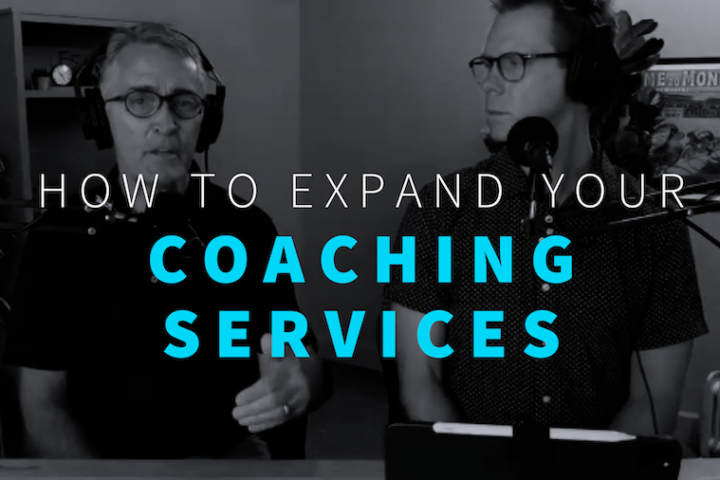
Most coaches have additional expertise to offer their athletes as services, but there’s more than one way to grow your coaching business.
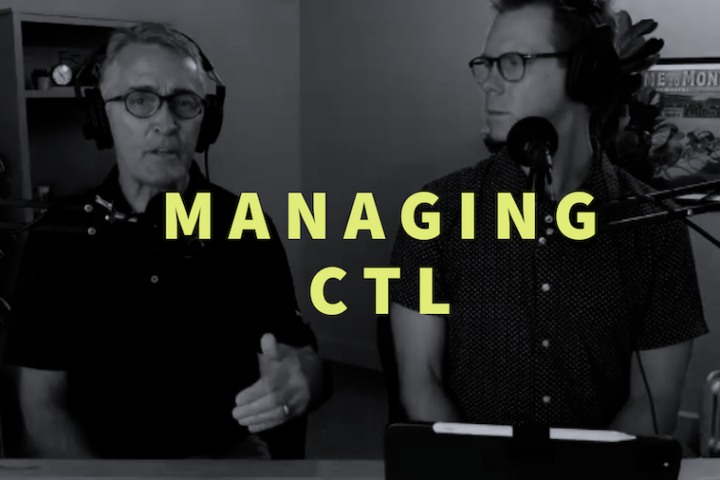
Coaches want to see CTL, or fitness, on the rise. But there are times in the season when CTL will go down. Joe Friel explains why this is critical.
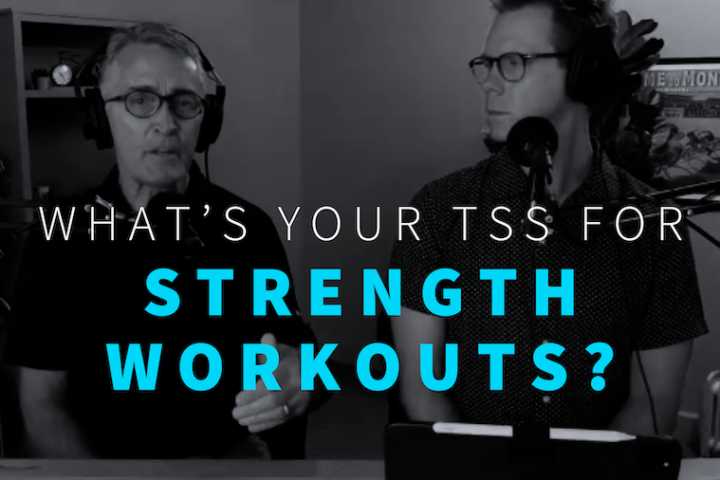
Should strength sessions be factored into an athlete’s Training Stress Score? Joe Friel explains when and how to score cross-training.
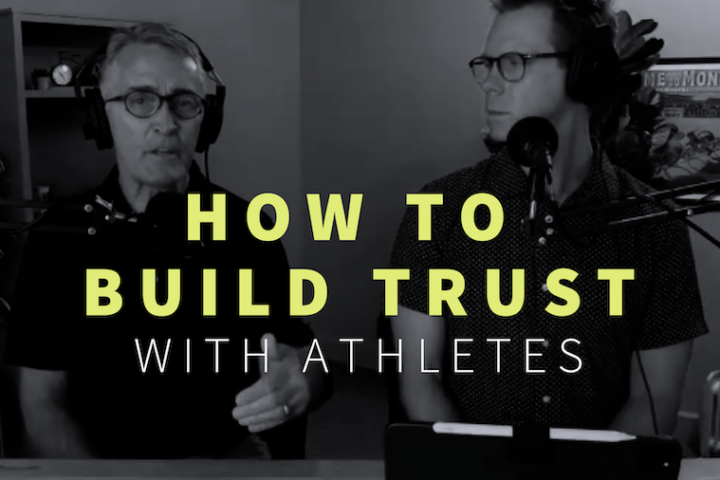
What’s the best way to handle an athlete who has a plan of their own? Joe Friel talks about the coach-athlete dynamic and how you can use doubt to strengthen the relationship.
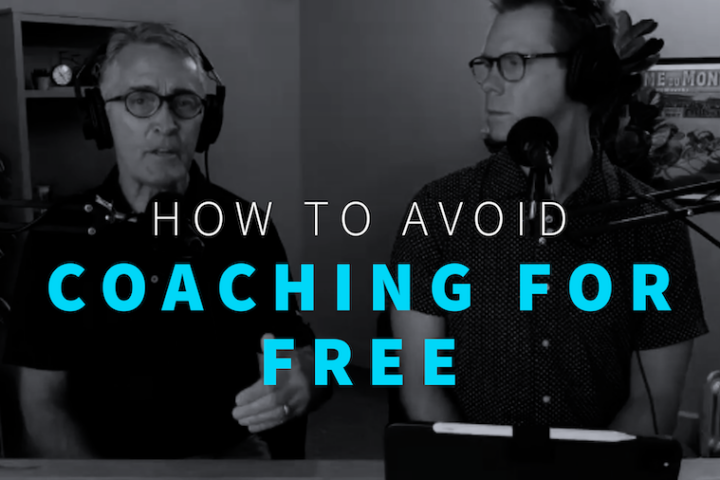
Good intentions can lead many coaches to give away their time for free. It’s a costly mistake that will hurt your coaching business.
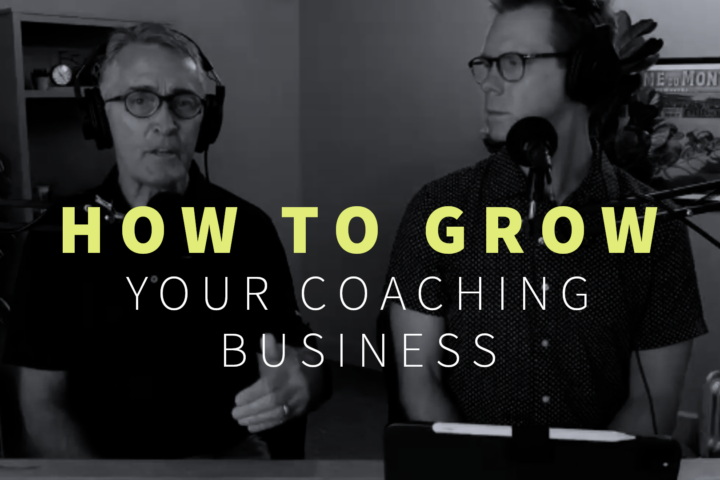
How many athletes should a coach take on? Many new coaches try to build their client list quickly, but it’s easy to trade effectiveness in the rush for scale.
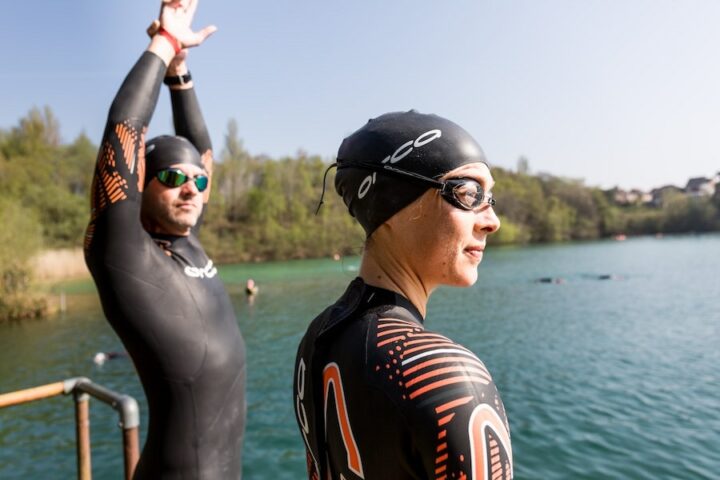
What does polarized training look like for triathletes? Find out with coach Ryan Bolton’s tri-specific swim and run workouts.
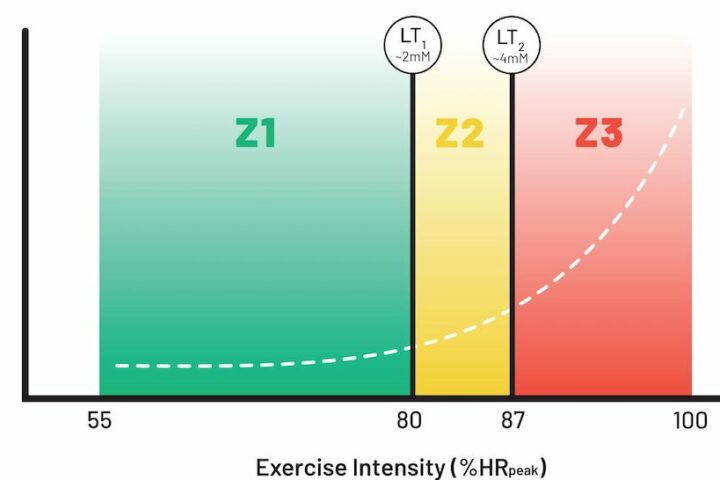
Polarized training is a case where science hustled to catch up with real-world results. Coach Trevor Connor explains how sport science misunderstood the physiology and inadvertently shifted the focus toward high-intensity training.
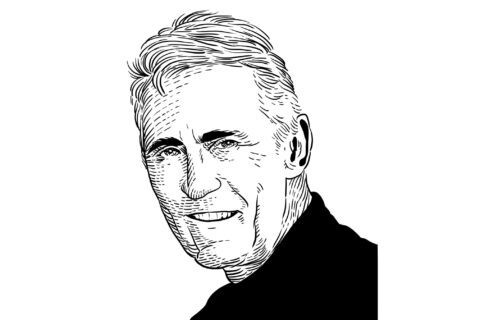
Ryan Bolton was coached by Joe Friel for the duration of his career as a pro triathlete. He reflects on what made that relationship work and the lessons he took from it in establishing his own coaching business.
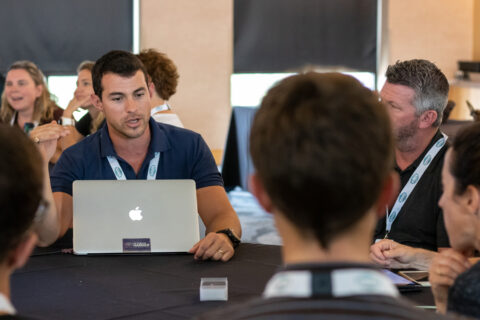
Find out how successful coaches navigated the challenges of getting started, becoming profitable, marketing for growth, and building a team into long-lasting businesses.
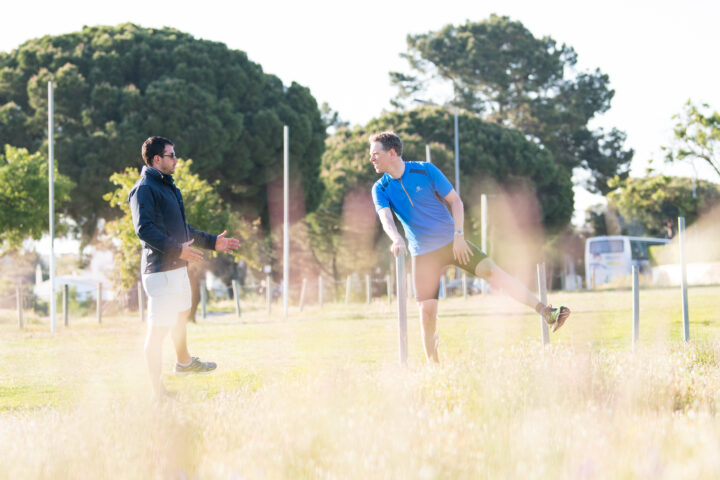
Joe Friel explores the pros and cons of different options available to coaches, both online or face-to-face. Consider the quality of the service you deliver, the time investment, what it’s worth, and the level of expertise required.
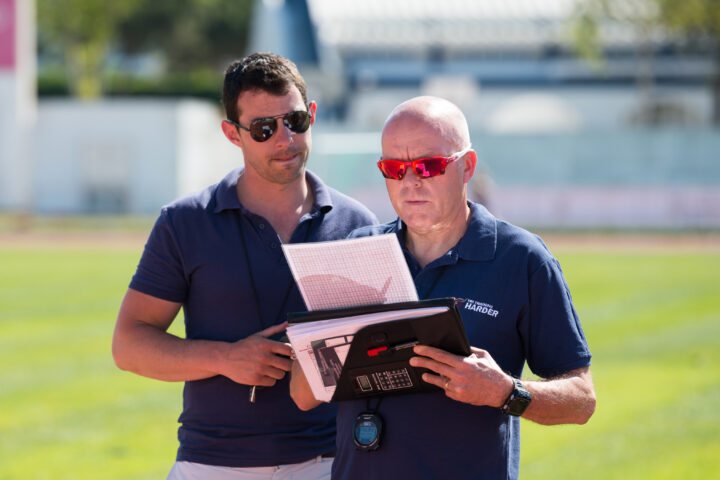
Coach Philip Hatzis is in the business of positioning coaches for growth, both professionally and financially. He describes the mindset that every coach needs to embrace before they can effectively grow their business.
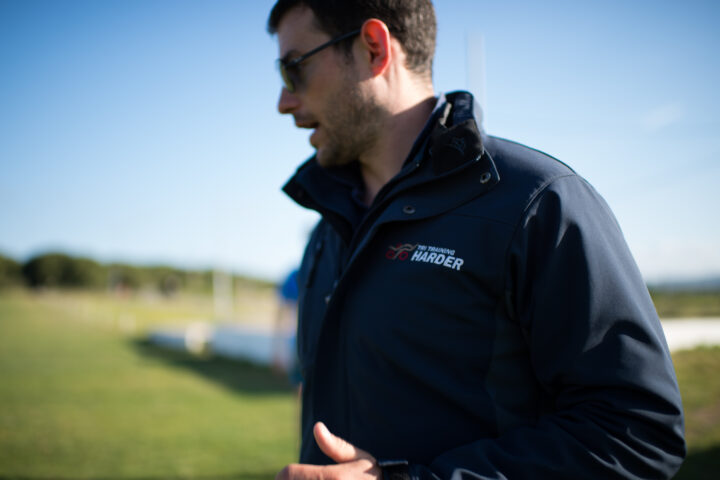
When and why did you start a coaching business? I started the business in 2010 while at university. Initially, I was all set to go into the Army. However, Tri Training Harder took over. A couple of friends and I set up the business to get some work experience as we needed a summer internship […]

Your billable rate is a key metric that will inform nearly every decision that you need to make in running a business. Gordo Byrn applied the same approach he took with his financial consulting business to his coaching business.